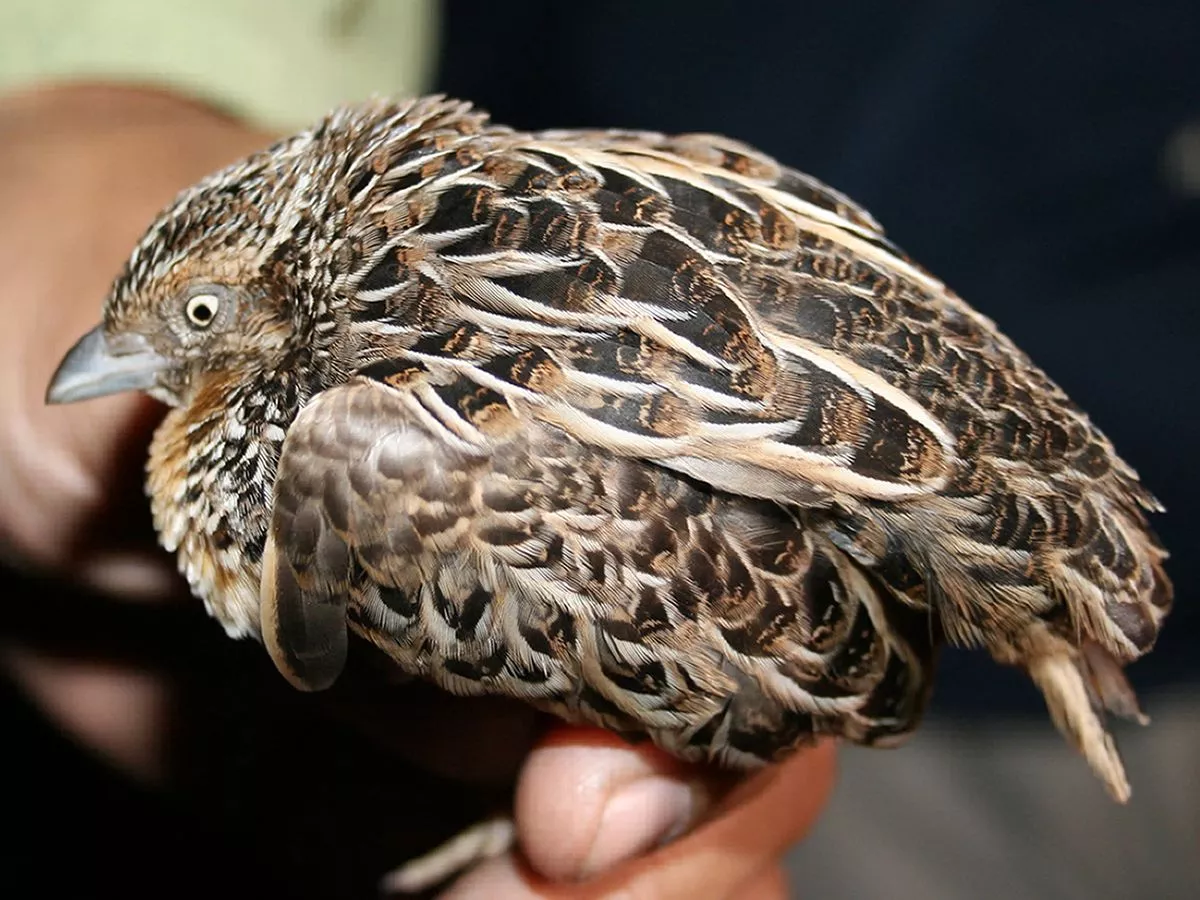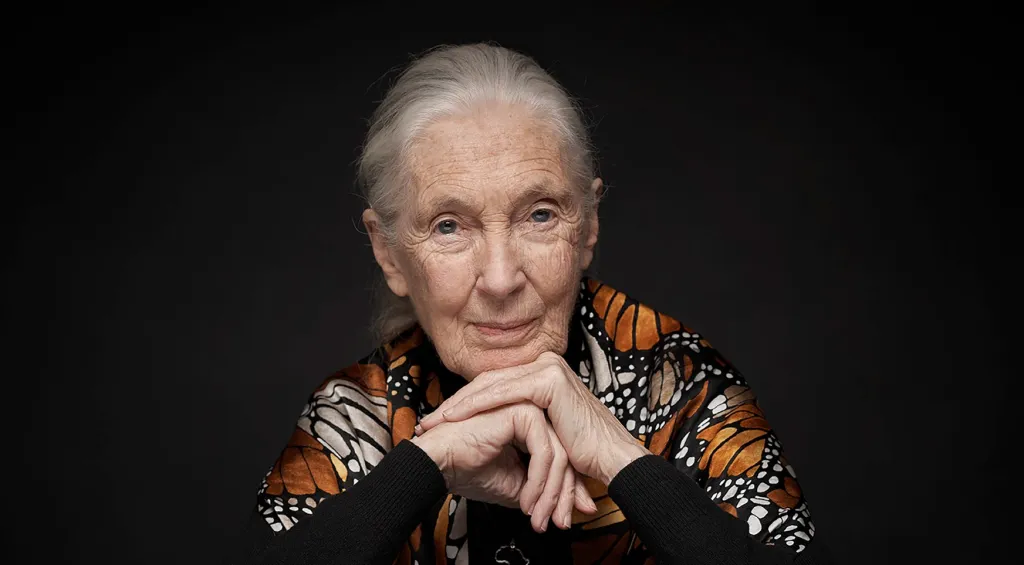Copyright dailyrecord

Pet owners in Scotland have used barbaric methods to kill their exotic animals rather than have them humanely euthanised by a vet, shocking research has revealed. Methods have included cutting the heads off wild birds, gassing rodents and inflicting blunt force trauma on frogs and reptiles. In some horrific examples, Scots keeping quails as pets killed them by decapitation, sometimes using kitchen scissors. Animal welfare groups said they were horrified at the findings while veterinary experts say only trained professionals should carry out euthanasia of animals. The charity OneKind, which commissioned Professor Samantha Hurn of the University of Exeter to research the phenomenon, said a “wealth of welfare concerns” had been uncovered. CEO Jason Rose said: “We were horrified to learn some owners actually euthanising animals in their care themselves. “Euthanasia should only be carried out by trained professionals to ensure it is done in a legal, humane and respectful manner minimising suffering to the animal in their final moments.” Examples of animals kept as pets included primates, parrots, larger fish, foxes, crested geckos, snake s and African pygmy hedgehogs. The most common type of animals killed were rodents like mice, rats and gerbils, sometimes to feed them to other pets - with typical methods gassing them in CO2 chambers or using blunt force trauma. In another example, euthanasia of an African Dwarf Frog was recommended to an owner on an online forum by rubbing toothache gel on its belly and freezing it to kill it. Reasons for disposal were often changes of circumstances like unemployment or moving house, simply losing interest, inability to meet the animal’s needs, unplanned offspring, animals becoming unwell or because the animals were impulse “pity purchases”. The study, examining the motivations and behaviours of those who keep wild animals as pets including by monitoring online posts, was carried out between September and March. Other welfare issues included animals refusing to eat, animals self-mutilating or attacking others in the same enclosure, stress-induced repetitive behaviours and nocturnal animals being routinely woken in the day for handling. OneKind, Born Free and Scottish SPCA , which form the Don’t Pet Me coalition, are calling on the Scottish Government to introduce a permitted list of animals suitable to keep as pets. The petition has been signed by 11,000 people. Dr Mark Jones of Born Free said: “As a veterinarian, I am extremely concerned that exotic pet owners are attempting to euthanise their own animals… “The methods used by unqualified individuals will inevitably result in prolonged suffering rather than relief, and may well be carried out for the wrong reasons. “Exotic animals have complex needs which can rarely if ever be fully met in a domestic environment, and people should think twice before attempting to procure one. “Anyone who feels unable to care for their pet should seek advice from a qualified veterinarian or a reputable rescue organisation rather than taking matters into their own hands.”



